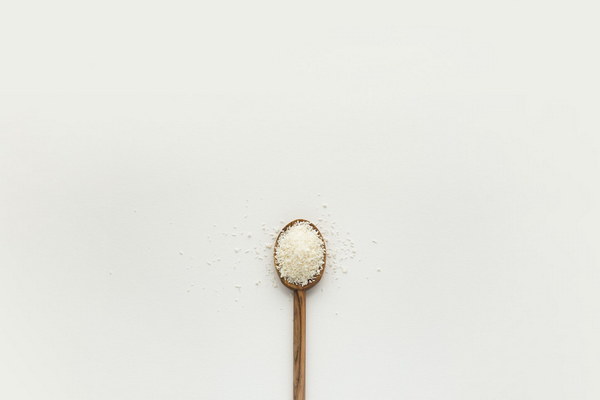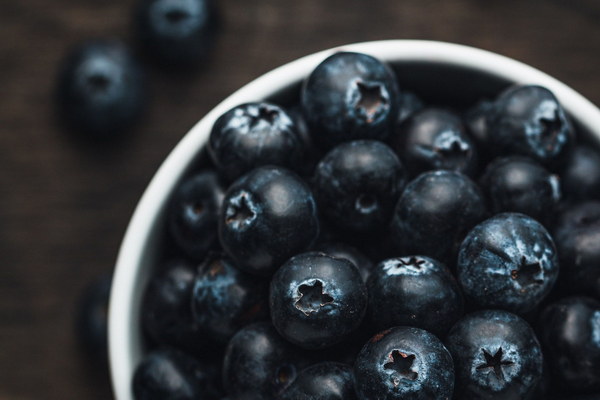Banish Dampness, Shed Pounds A Holistic Approach to Effective Weight Loss
Banish Dampness, Shed Pounds: A Holistic Approach to Effective Weight Loss
In the pursuit of weight loss, many of us often overlook the importance of addressing internal factors that can hinder our progress. One such factor is dampness, a concept rooted in traditional Chinese medicine (TCM) that can lead to a range of health issues, including weight gain. By understanding how to banish dampness and incorporating effective weight loss strategies, you can achieve a more balanced and lasting weight loss journey. Here’s how you can do it.
Understanding Dampness in TCM
In TCM, dampness refers to an imbalance in the body's fluids, which can be caused by an excess of water, mucus, or other substances that lead to a stagnation of Qi (vital energy). This stagnation can manifest as various symptoms, including fatigue, bloating, weight gain, and a general feeling of heaviness. TCM views dampness as a common cause of weight gain, particularly in individuals with a spleen deficiency.
Identifying Dampness Symptoms
To determine if dampness might be contributing to your weight gain, look out for the following symptoms:
- Persistent fatigue or a feeling of being heavy
- Consistent bloating or a feeling of fullness
- Unexplained weight gain, especially around the abdomen
- Soft, puffy appearance to the skin

- Sluggish digestion or a tendency to constipation
- A sweet or greasy taste in the mouth
- A preference for warm, sweet, or creamy foods
If you recognize these symptoms, it’s worth considering how dampness might be affecting your weight loss efforts.
Holistic Strategies to Banish Dampness
1. Dietary Adjustments:
- Reduce intake of damp-forming foods such as dairy, refined sugars, and excessive fruits.
- Increase consumption of foods that help eliminate dampness, such as garlic, ginger, green onions, and leeks.
- Include more bitter and pungent flavors in your meals, which can help stimulate digestion and eliminate dampness.
2. Lifestyle Changes:
- Engage in regular exercise to improve circulation and promote the elimination of dampness through sweat.
- Practice yoga or tai chi, which can help to balance the body’s energy and improve overall well-being.
- Ensure adequate sleep, as sleep is crucial for the body’s natural elimination processes.
3. Herbal Remedies:
- Consider using herbal formulas that are traditionally used in TCM to address dampness, such as those containing astragalus, cinnamon, and schisandra.
4. Acupuncture and Massage:
- Acupuncture can help stimulate the body’s natural Qi flow, addressing dampness and promoting weight loss.
- Massage therapy can improve circulation and help remove toxins and excess fluids from the body.
5. Mindfulness and Stress Reduction:
- Stress can contribute to dampness, so it’s important to incorporate stress-reducing activities into your routine.
- Practices like meditation, deep breathing, and spending time in nature can all help reduce stress levels.
Effective Weight Loss Strategies
While addressing dampness is crucial, it’s also important to incorporate traditional weight loss strategies:
- Caloric Deficit: Consume fewer calories than you burn through daily activities and exercise.
- Balanced Diet: Focus on a diet rich in lean proteins, whole grains, fruits, and vegetables.
- Regular Exercise: Incorporate a mix of cardiovascular exercise, strength training, and flexibility workouts.
- Hydration: Drink plenty of water throughout the day to aid digestion and eliminate toxins.
Conclusion
By combining the principles of TCM to address dampness with conventional weight loss strategies, you can create a more holistic approach to weight loss. Remember that weight loss is a journey, and it’s important to be patient and kind to yourself. By addressing both internal and external factors, you can achieve a healthier, more balanced body.









